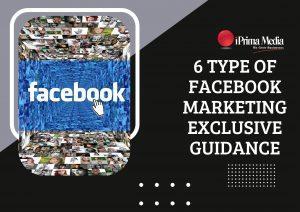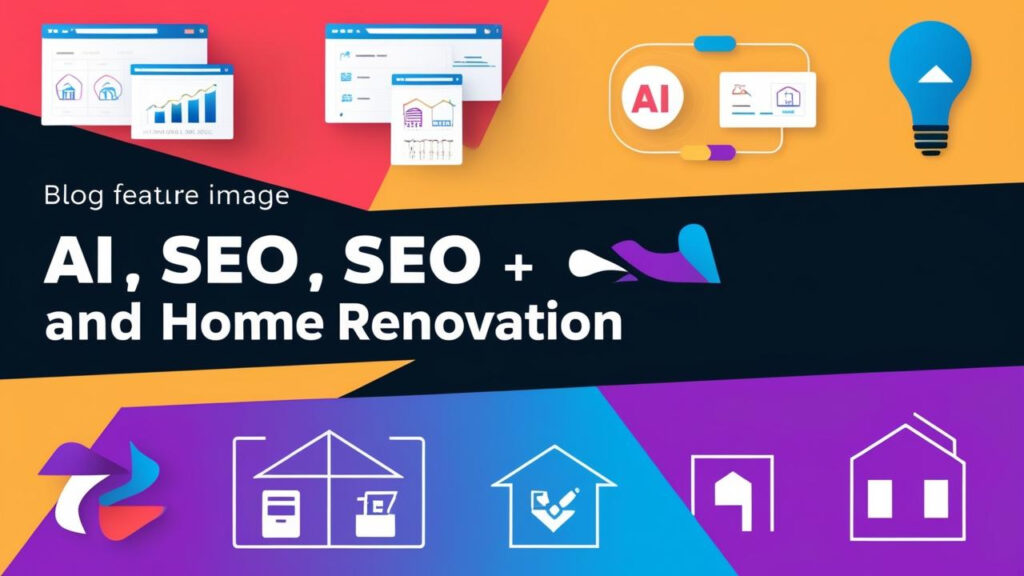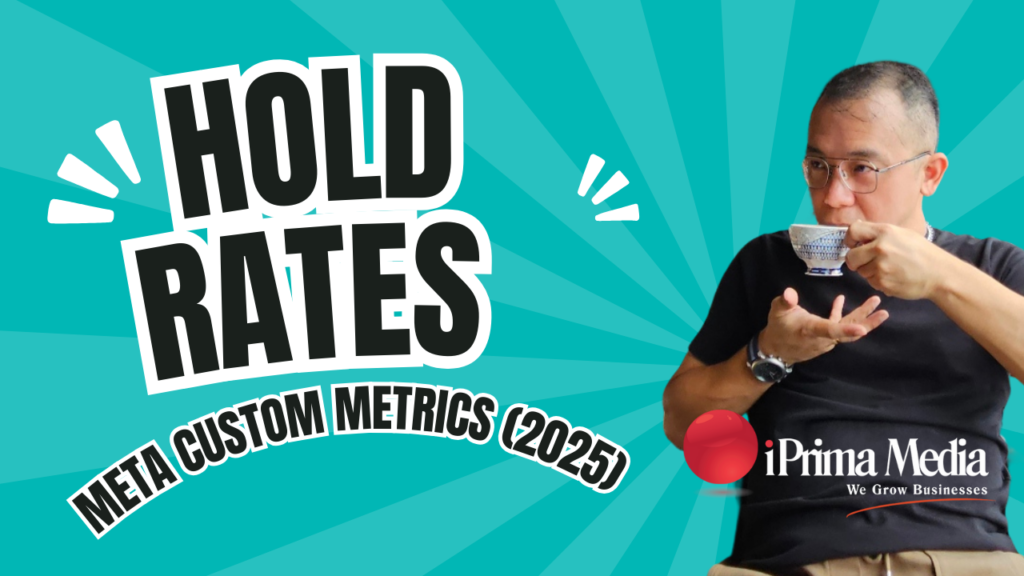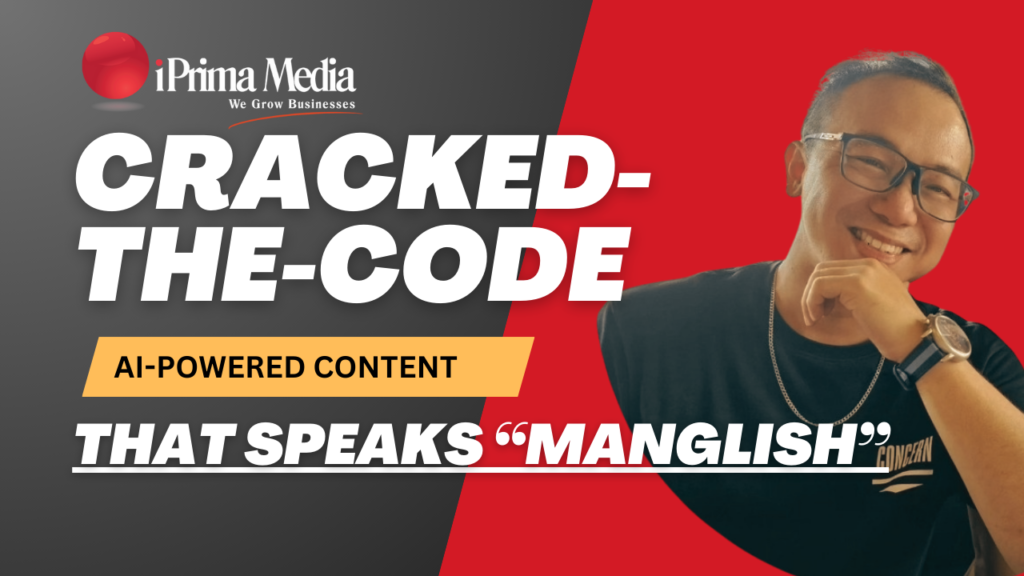SEO, or search engine optimization, is a crucial digital marketing strategy for businesses looking to increase their online visibility.
By optimizing your website and content for search engines, you can attract more organic traffic and potential customers.
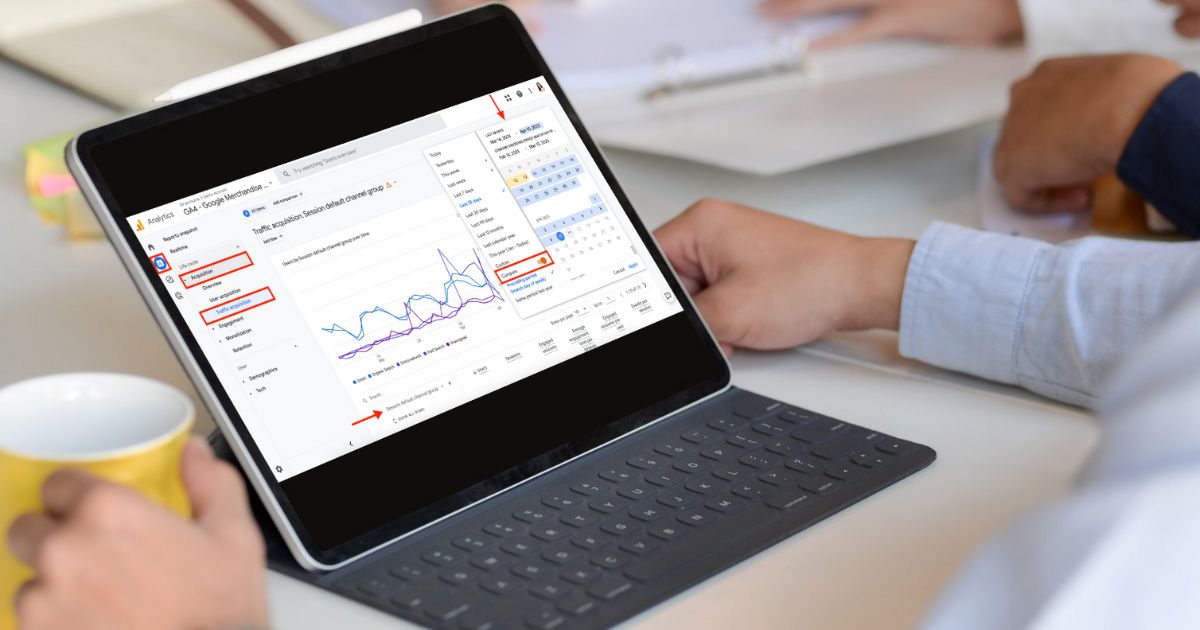
Implementing effective SEO techniques can significantly boost your website's rankings in search results, making it easier for users to find your business online.
This increased visibility can lead to higher click-through rates, more conversions, and ultimately, improved revenue for your company.
Staying up-to-date with the latest SEO trends and best practices is essential in today's competitive digital landscape.
As search algorithms evolve, you'll need to adapt your strategies to maintain and improve your search rankings.
By mastering SEO, you can gain a competitive edge and ensure your business thrives in the online marketplace.
SEO Fundamentals
Search engine optimization (SEO) is crucial for online visibility and success. It involves various strategies and techniques to improve a website's ranking in search engine results pages (SERPs).
What Is SEO?
SEO stands for Search Engine Optimization. It's the practice of optimizing websites to increase their visibility in organic search results.
SEO aims to drive more traffic to your site by improving its ranking for relevant keywords.
The goal is to make your website more attractive to search engines like Google, Bing, and Yahoo. This involves optimizing various elements, including content, structure, and technical aspects.
SEO is an ongoing process that requires continuous effort and adaptation to changing algorithms and user behaviors.
How Search Engines Work
Search engines use complex algorithms to crawl, index, and rank web pages.
Crawlers, also known as spiders or bots, scan the internet to discover new and updated content.
The crawled information is then indexed, creating a massive database of web pages.
When a user enters a search query, the search engine quickly retrieves relevant results from this index.
Ranking algorithms consider numerous factors to determine the order of search results. These factors include:
- Relevance to the search query
- Content quality and freshness
- Website authority and backlinks
- User experience and page speed
Understanding these processes helps you optimize your site more effectively for search engines.
Understanding SERP
SERP stands for Search Engine Results Page. It's the page displayed by search engines in response to a user's query.
SERPs typically include various elements:
- Organic search results
- Paid advertisements
- Featured snippets
- Local pack results
- Image and video results
The layout and components of SERPs can vary depending on the search engine and query type. Understanding SERP features helps you tailor your SEO strategy to capture more visibility.
Key SERP Elements:
- Title tags
- Meta descriptions
- URL structure
- Rich snippets
Optimizing these elements can improve your click-through rates and overall search performance.
Importance of Keywords
Keywords are the foundation of SEO. They are the terms and phrases users enter into search engines when looking for information, products, or services.
Effective keyword research helps you understand your target audience's search intent and behavior.
This knowledge allows you to create content that meets their needs and ranks well in search results.
Types of Keywords:
- Short-tail (e.g., “shoes”)
- Long-tail (e.g., “comfortable running shoes for women”)
- Locational (e.g., “pizza delivery in New York”)
- Question-based (e.g., “how to tie a tie”)
Incorporating a mix of keyword types in your content strategy can help you target various search intents and capture diverse traffic sources.
Remember to use keywords naturally in your content, avoiding keyword stuffing, which can negatively impact your rankings.
On-Page SEO Techniques
On-page SEO techniques are essential for optimizing your website's content and structure. These strategies help search engines understand and rank your pages more effectively.
Content Optimization
Create high-quality, relevant content that addresses user intent.
Focus on your target keywords, but use them naturally throughout your text.
Aim for a keyword density of 1-2% to avoid overstuffing.
Structure your content with clear headings (H1, H2, H3) to improve readability and help search engines understand your page's hierarchy.
Use short paragraphs and bullet points to break up text.
Include multimedia elements like images and videos.
Optimize them with descriptive file names and alt text containing relevant keywords.
Regularly update your content to keep it fresh and accurate. This signals to search engines that your site is active and provides value to users.
Meta Tags and Descriptions
Craft unique, compelling title tags for each page. Include your primary keyword and keep them under 60 characters to avoid truncation in search results.
Write meta descriptions that accurately summarize your page's content.
Use action-oriented language and include your target keyword. Aim for 150-160 characters to maximize visibility in search snippets.
Implement header tags (H1, H2, H3) to structure your content logically.
Use your primary keyword in the H1 tag and secondary keywords in subheadings.
Add schema markup to provide search engines with additional context about your content. This can enhance your search listings with rich snippets.
URL Structure
Create clean, descriptive URLs that include your target keywords.
Use hyphens to separate words and keep them short and easy to read.
Implement a logical site structure with clear categories and subcategories. This helps search engines understand the relationships between your pages.
Use canonical tags to prevent duplicate content issues when multiple URLs lead to the same page. This ensures search engines know which version to prioritize.
Consider implementing breadcrumbs to improve navigation and provide additional context to search engines about your site's structure.
Internal Linking Strategies
Develop a robust internal linking strategy to distribute link equity throughout your site.
Link to relevant, high-value pages using descriptive anchor text.
Create topic clusters by linking related content to pillar pages. This helps establish topical authority and improves your site's overall SEO performance.
Use a flat site architecture to ensure important pages are no more than three clicks away from your homepage. This helps search engines discover and crawl your content more efficiently.
Regularly audit your internal links to identify and fix broken links. This improves user experience and ensures link equity flows properly throughout your site.
Technical SEO Considerations
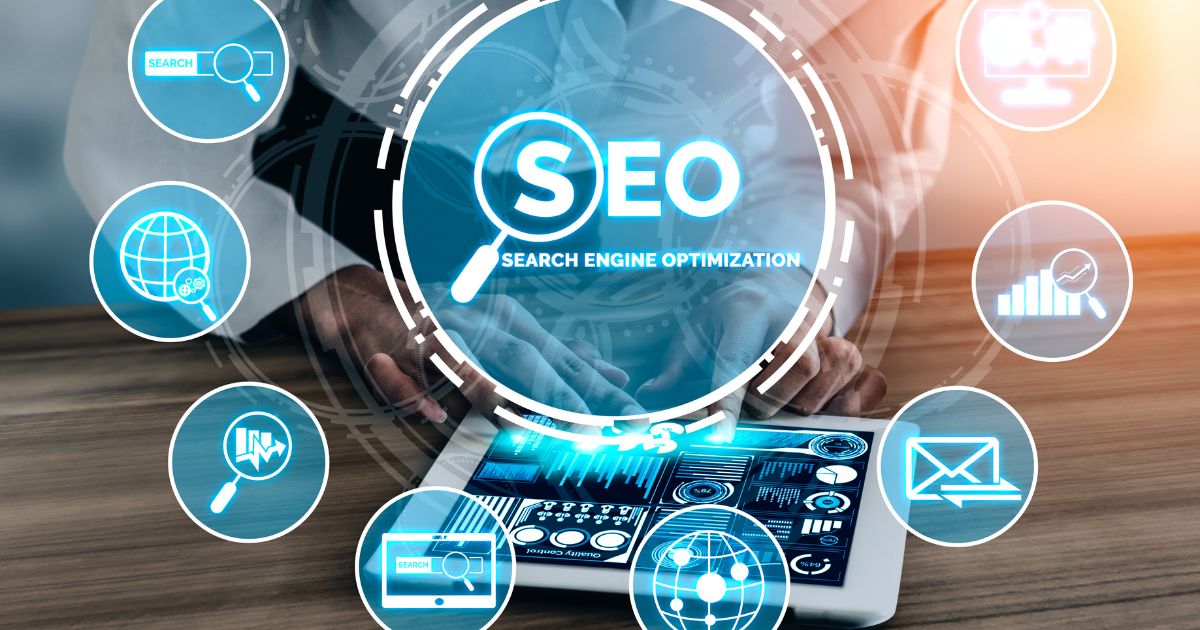
Technical SEO forms the foundation of a website's search engine performance. It encompasses crucial elements that impact how search engines crawl, index, and rank your site.
Mobile-Friendliness
Mobile-friendly websites are essential in today's digital landscape.
Google prioritizes mobile-first indexing, meaning it primarily uses the mobile version of your site for ranking and indexing.
To ensure mobile-friendliness:
- Use responsive design
- Optimize images for smaller screens
- Implement touch-friendly navigation
- Avoid using Flash or other mobile-incompatible technologies
Test your site's mobile-friendliness using Google's Mobile-Friendly Test tool. Address any issues promptly to improve your mobile search rankings.
Site Speed Optimization
Fast-loading websites provide better user experiences and tend to rank higher in search results.
Google considers page speed as a ranking factor for both desktop and mobile searches.
To optimize site speed:
- Compress images
- Minify CSS, JavaScript, and HTML
- Leverage browser caching
- Use a content delivery network (CDN)
- Reduce server response time
Tools like Google PageSpeed Insights can help identify specific areas for improvement on your website.
Secure Sockets Layer (SSL)
SSL certificates encrypt data transferred between users' browsers and your website. This security measure is crucial for protecting sensitive information and building trust with visitors.
Google uses HTTPS as a ranking signal, giving a slight boost to secure sites.
To implement SSL:
- Purchase an SSL certificate
- Install it on your web server
- Update your site to use HTTPS
- Set up 301 redirects from HTTP to HTTPS
Regularly check for SSL-related errors and ensure your certificate remains valid.
XML Sitemaps
XML sitemaps help search engines understand your website structure and content. They provide a roadmap for crawlers, ensuring all important pages are discovered and indexed.
Key points for XML sitemaps:
- Include all important URLs
- Update regularly as content changes
- Keep file size under 50MB or 50,000 URLs
- Submit your sitemap to Google Search Console
Use tools like Screaming Frog or Yoast SEO to generate and maintain your XML sitemap. Regularly check for errors in Google Search Console to ensure proper indexing.
Off-Page SEO Strategies
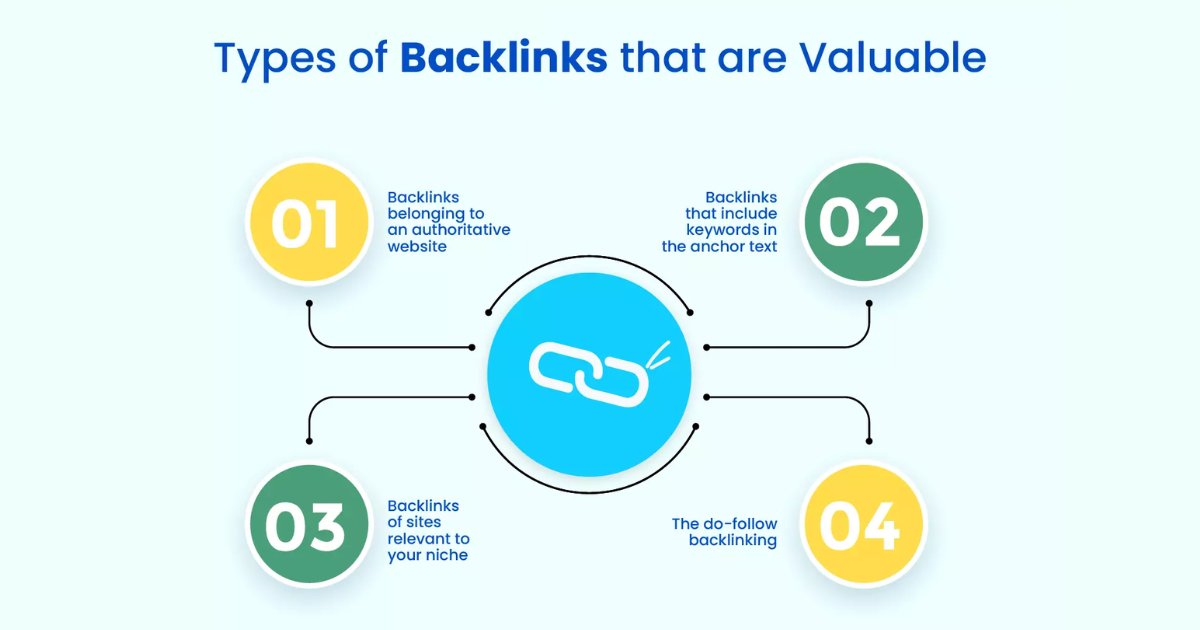
Off-page SEO focuses on improving your website's visibility and authority through external efforts. These tactics help boost your search rankings and drive more organic traffic.
Building Backlinks
Quality backlinks are a critical factor in achieving high search engine rankings. To attract these valuable links, focus on producing high-quality content that is both informative and engaging. Such content naturally draws attention and links from reputable websites. Additionally, building relationships with industry influencers and collaborating on content projects can help you secure high-quality backlinks. This approach not only enhances your link profile but also expands your reach and authority in your niche.
Guest posting on relevant blogs is another effective strategy for building backlinks. Ensure that your guest posts provide genuine value to the host site's audience, as this increases the likelihood of acceptance and sharing. High-quality guest posts can significantly boost your link profile and drive targeted traffic to your site.
It's essential to avoid low-quality link farms or paid link schemes, as these can lead to severe penalties from search engines. Instead, consider broken link building as a win-win strategy. This involves identifying broken links on other websites and offering your content as a replacement. By helping webmasters fix their sites, you earn valuable backlinks in return. This approach not only benefits your SEO efforts but also contributes positively to the web's overall user experience.
In summary, building a strong backlink profile requires a commitment to creating valuable content, fostering industry relationships, and employing ethical link-building strategies. These efforts will help improve your search engine rankings and establish your site as a trusted and authoritative source in your field.
Social Media Engagement
While social signals aren't direct ranking factors, they indirectly impact SEO.
Active social media profiles can increase brand visibility and drive traffic to your website.
Share your content across platforms to expand its reach and encourage social sharing.
Engage with your followers by responding to comments and participating in discussions.
This builds brand loyalty and can lead to more shares and backlinks.
Use platform-specific features like hashtags on Instagram and Twitter to increase discoverability.
Create shareable content formats like infographics or short videos.
These are more likely to be shared across social networks, potentially leading to backlinks and increased traffic.
Local Listings
For businesses with physical locations, local SEO is essential.
Claim and optimize your Google Business Profile (formerly Google My Business) listing.
Ensure your business name, address, and phone number (NAP) are consistent across all online directories.
Encourage satisfied customers to leave reviews on your Google Business Profile and other relevant platforms.
Positive reviews can improve your local search rankings and attract more customers.
Submit your business to industry-specific directories and local chambers of commerce.
These listings can provide valuable backlinks and improve your local search visibility.
Optimize your website for local keywords and create location-specific landing pages if you serve multiple areas.
This helps search engines understand your business's geographic relevance.
SEO Content Creation
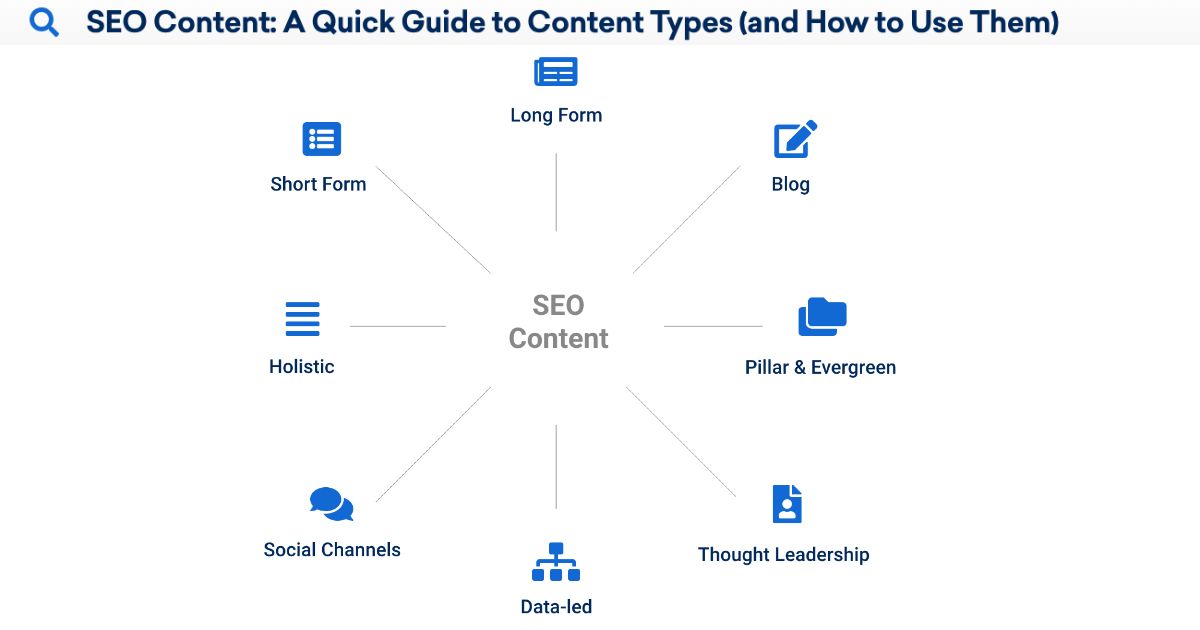
Creating content optimized for search engines is crucial for improving visibility and rankings.
Effective SEO content combines strategic keyword usage with valuable information for users.
Keyword Research and Selection
Start by identifying relevant keywords for your content.
Use tools like Google Keyword Planner or SEMrush to find high-volume, low-competition terms.
Focus on long-tail keywords that match user intent and have less competition.
Analyze your competitors' content to discover gaps you can fill.
Prioritize keywords based on their relevance to your business and potential to drive traffic.
Incorporate your chosen keywords naturally throughout your content, including titles, headings, and body text.
Avoid keyword stuffing, which can harm your rankings.
Writing for SEO
Craft engaging, informative content that addresses user needs.
Aim for a minimum of 300 words per page, with longer content for more complex topics.
Use your primary keyword in the first 100 words and include related terms throughout.
Structure your content with clear headings (H1, H2, H3) to improve readability and help search engines understand your content hierarchy.
Write compelling meta titles and descriptions to improve click-through rates from search results.
Keep titles under 60 characters and descriptions under 160 characters.
Multimedia Content
Enhance your content with relevant images, videos, and infographics.
Use descriptive alt text for images to improve accessibility and provide context for search engines.
Create custom graphics or charts to illustrate complex concepts.
This can increase engagement and encourage other sites to link to your content.
Consider creating video content to complement your written articles.
Optimize video titles, descriptions, and tags with relevant keywords.
Transcribe your videos to provide text content for search engines to index.
SEO Tools and Analytics
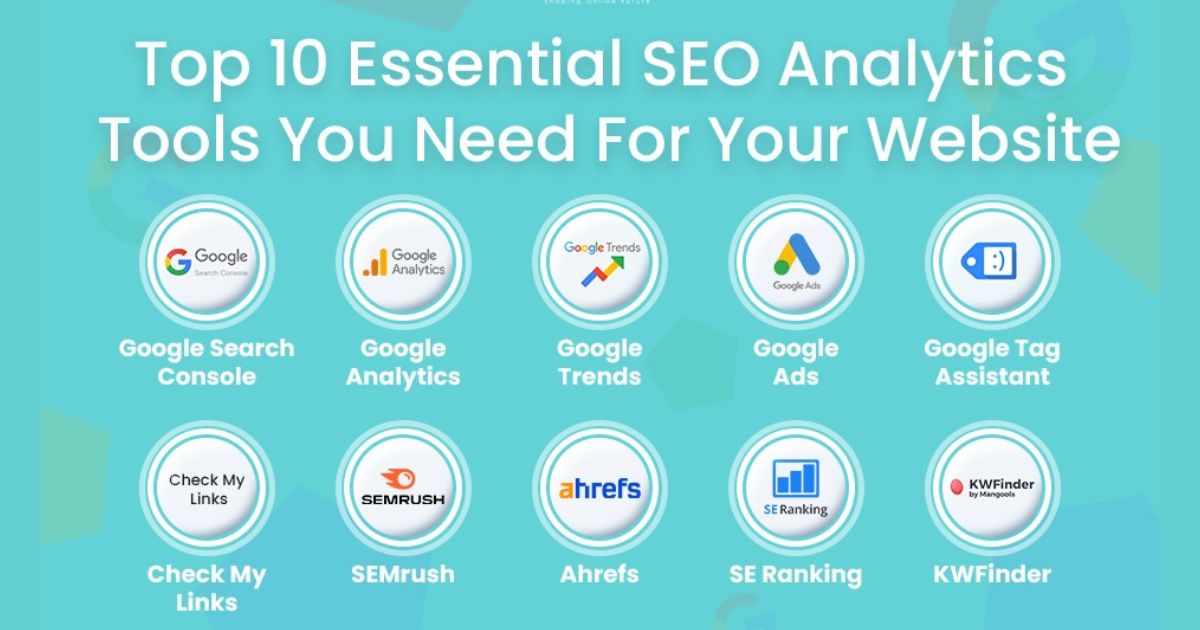
SEO tools and analytics provide valuable insights to optimize your website's performance.
They help you track key metrics, identify areas for improvement, and refine your strategies.
Google Analytics
Google Analytics offers a wealth of data about your website's traffic and user behavior.
You can track visitor demographics, acquisition channels, and engagement metrics.
The platform allows you to set up custom goals and conversions to measure your SEO success.
Google Analytics provides real-time reports, giving you immediate feedback on your campaigns.
You can analyze which pages perform best and identify potential issues like high bounce rates.
The tool also integrates with other Google services, enhancing your overall digital marketing efforts.
SEO Auditing Tools
SEO auditing tools help you identify and fix technical issues that may hinder your search engine rankings.
These tools scan your website for problems like broken links, missing meta tags, and duplicate content.
Popular SEO auditing tools include Screaming Frog, SEMrush, and Ahrefs.
They provide detailed reports on your site's structure, content, and backlink profile.
You can use these insights to prioritize improvements and track your progress over time.
Some tools offer features like crawl simulations and competitor analysis.
This allows you to benchmark your site against others in your industry and spot opportunities for growth.
Keyword Tracking
Keyword tracking tools help you monitor your rankings for specific search terms.
You can track changes in your positions over time and compare your performance to competitors.
Tools like Moz Pro, SEMrush, and Ahrefs offer comprehensive keyword tracking features.
They provide data on search volume, keyword difficulty, and SERP features.
Many keyword tracking tools also offer suggestions for related terms and long-tail variations.
This can help you expand your content strategy and target new opportunities.
Regular keyword tracking allows you to measure the impact of your SEO efforts and adjust your tactics accordingly.
SEO Trends and Updates

Search engine optimization continues to evolve rapidly.
New technologies and changing user behaviors shape the landscape, requiring adaptable strategies to maintain visibility and relevance online.
Voice Search Optimization
Voice-activated devices are gaining popularity, changing how people search.
You need to optimize for conversational queries and long-tail keywords.
Focus on natural language and question-based phrases.
Aim for featured snippets to increase chances of being the chosen voice search result.
Structured data markup helps search engines understand your content better, improving voice search performance.
Local businesses should prioritize “near me” searches, as voice queries often have local intent.
Ensure your Google My Business listing is up-to-date and comprehensive.
Artificial Intelligence in SEO
AI tools are revolutionizing SEO practices.
You can use AI-powered content generation to create more relevant, targeted material.
These tools analyze top-performing content and suggest improvements.
Machine learning algorithms help predict search trends and user behavior.
You can leverage this data to refine your SEO strategy and stay ahead of the curve.
AI assists in keyword research by identifying semantic relationships and user intent.
This enables you to create more comprehensive content that addresses various aspects of a topic.
Evolving Search Algorithms
Search engines continually update their algorithms to provide better results.
You must stay informed about these changes to maintain and improve your rankings.
Core Web Vitals have become crucial ranking factors.
Focus on improving page speed, interactivity, and visual stability.
Mobile-first indexing is now the norm, so ensure your site is fully optimized for mobile devices.
E-A-T (Expertise, Authoritativeness, Trustworthiness) remains important, especially for YMYL (Your Money or Your Life) topics.
Showcase your credentials and build high-quality backlinks to boost your site's authority.
Ethical SEO Practices

Ethical SEO practices are crucial for long-term success in search engine optimization.
They ensure your website remains in good standing with search engines while providing value to users.
Understanding White Hat vs. Black Hat
White hat SEO techniques follow search engine guidelines and focus on creating quality content for users.
These include optimizing site structure, improving page load speed, and producing relevant, valuable content.
Black hat SEO, on the other hand, attempts to manipulate search rankings through deceptive tactics.
These may involve keyword stuffing, hidden text, or buying links.
White hat practices build sustainable growth, while black hat methods risk penalties and long-term damage to your site's reputation.
Avoiding Penalties and Over-Optimization
To avoid penalties, focus on creating a natural, user-friendly experience.
Don't overuse keywords or stuff them into irrelevant places.
Maintain a diverse and natural link profile. Avoid buying links or participating in link schemes.
Keep your content fresh and relevant.
Regularly update your website with high-quality information that serves your audience's needs.
Use meta tags appropriately. Don't stuff keywords into title tags or meta descriptions.
Compliance with Webmaster Guidelines
Familiarize yourself with search engine webmaster guidelines. These provide clear directions on acceptable practices.
Create websites for users, not search engines. Focus on delivering valuable content and a positive user experience.
Make your site easily accessible to search engine crawlers. Use a clear site structure and submit sitemaps.
Avoid cloaking or sneaky redirects. Present the same content to users and search engines.
Be transparent about sponsored content or affiliate links. Clearly label advertisements and use appropriate rel attributes for links.
